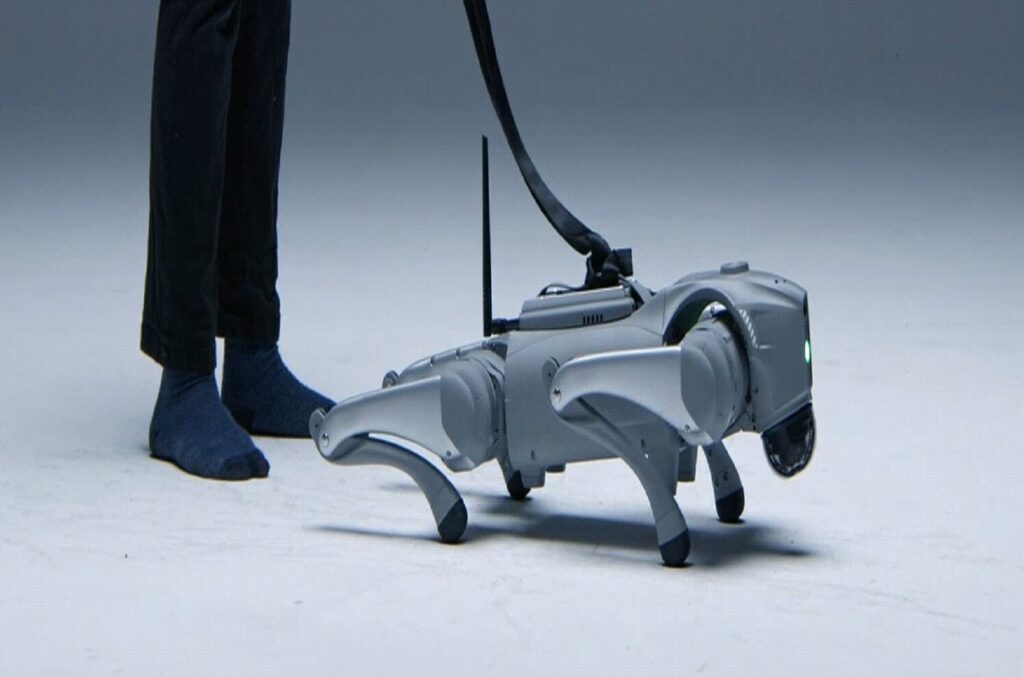In a groundbreaking development, Swedish startup IntuiCell has introduced a ‘digital nervous system’ that enables robots to learn through real-world experiences, mirroring human and animal learning processes. This innovation was demonstrated using a robot dog named Luna, showcasing the system’s ability to acquire skills, adapt to changes, and improve over time without prior training or simulations.
IntuiCell’s CEO, Viktor Luthman, emphasised the uniqueness of this approach:
“We’ve created the first software that enables any machine to learn like a human or animal – to solve new problems as they emerge and adapt to unforeseen changes in real time.”
Unlike traditional AI systems that rely on extensive pre-training and labelled datasets, IntuiCell’s technology allows machines to learn and adapt autonomously. This method addresses the limitations of current AI models, which often depend on large-scale data processing and struggle with real-time problem-solving.
Luthman highlighted the significance of this advancement:
“We are not talking about today’s AI vs tomorrow’s AI. We are talking about machine learning vs biological intelligence, now translated into software for the first time.”
The potential applications of this technology are vast, ranging from humanoid robots capable of learning to clean various environments to machines assisting in hospitals or even learning to drive vehicles. The adaptive nature of IntuiCell’s AI enables operation in unpredictable settings and facilitates learning through human collaboration.
Co-founder and researcher Udaya Rongala underscored the paradigm shift introduced by IntuiCell’s AI:
“IntuiCell’s AI is not just an improved version of machine learning; it is an entirely new category of intelligence.”
This development marks a significant milestone in the evolution of artificial intelligence, offering a new pathway towards machines that truly learn and adapt, moving beyond mere pattern processing to genuine understanding and interaction with the world.

